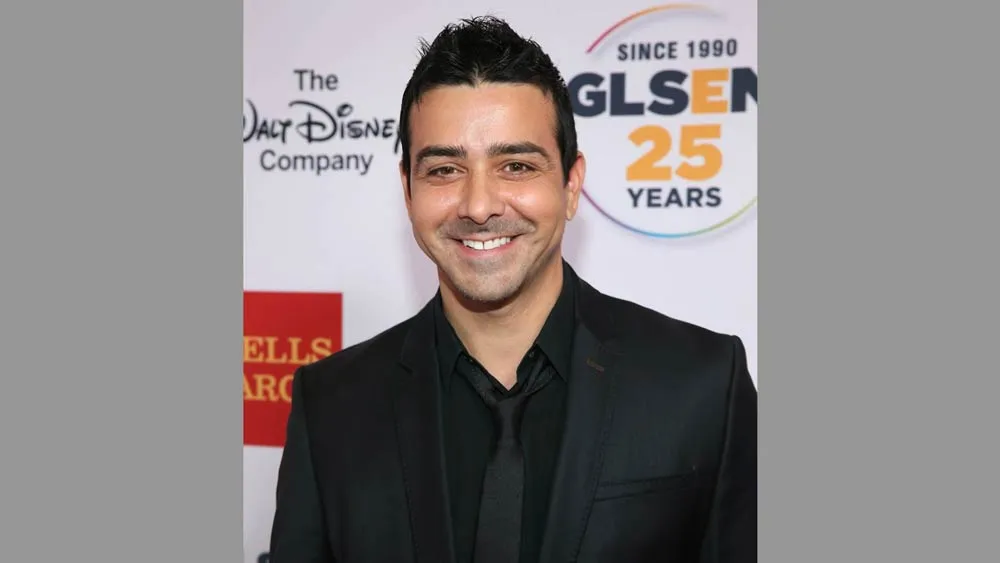September 27, 2017
HRC Recognizes Natl. Gay Men's HIV/AIDS Awareness Day
READ TIME: 2 MIN.
Today, we recognize National Gay Men's HIV & AIDS Awareness Day (NGMHAAD), an observance day dedicated to raising awareness about the disproportionate impact of HIV and AIDS on gay and bisexual men in the U.S. We wanted to join the conversation by talking with HRC's Senior Manager, Communities and Volunteer Relations, Maurice Eckstein.
As part of the Center for Disease Control and Prevention Start Talking Stop HIV talk condoms campaign, Maurice was able to share his story on how he is working to stop HIV. HRC sat down with Maurice to talk a little more about NGMAAD. You can also hear more from Maurice throughout the day on HRC's #NGMHAAD Instagram Story.
HRC: How did you get started with HIV prevention work and why is it important to you?
Maurice:I was involved with the Start Talking. Stop HIV. campaign where gay and bisexual men shared their personal stories and impact from HIV. Having friends and loved ones affected by HIV & AIDS made it important for me to be involved with helping increase awareness of National Gay Men's HIV & AIDS Awareness Day.
HRC: What tips do you have for someone looking to start a conversation about HIV?
Maurice: Taking control of your own health is important. With medical advances in the treatment and prevention of HIV, knowing your status and becoming comfortable with discussing your status with a sexual partner is the first step in taking better care of ourselves.
HRC: What types of HIV prevention methods do you use?
Maurice: Currently, I use condoms for HIV prevention. I have used PrEP in the past and still trust it to be a reliable form of HIV prevention.
HRC: Why do you think NGMHAAD is important?
Maurice: As a global citizen from Trinidad and Tobago and now living in America, in both places my demographic is at very high risk of contracting HIV. The awareness that NGMHAAD brings to taking control of our sexual health is extremely valuable.
Gay and bisexual men account for more than half of the 1.2 million people living with HIV in the United States and two-thirds of all new diagnoses each year. If trends continue, 1 in 6 gay and bisexual men will be diagnosed with HIV in their lifetime, including 1 in 2 black gay and bisexual men, 1 in 4 Latino gay and bisexual men, and 1 in 11 white gay and bisexual men. But these rates are not inevitable. There are many actions gay and bisexual men can take to protect themselves and those they care about from HIV.
HRC: Why is it important to talk about HIV with your sex partners and friends?
Maurice: Talking about HIV with sex partners ensures your own peace of mind from each sexual encounter, and with friends, you are guaranteed a community of support in navigating dating, sex work or committed relationships.
HRC is committed to working with our allies, partners, members, and supporters to end the HIV epidemic and the stigma surrounding HIV.
For more information, visit http://www.hrc.org/explore/topic/hiv-aids


